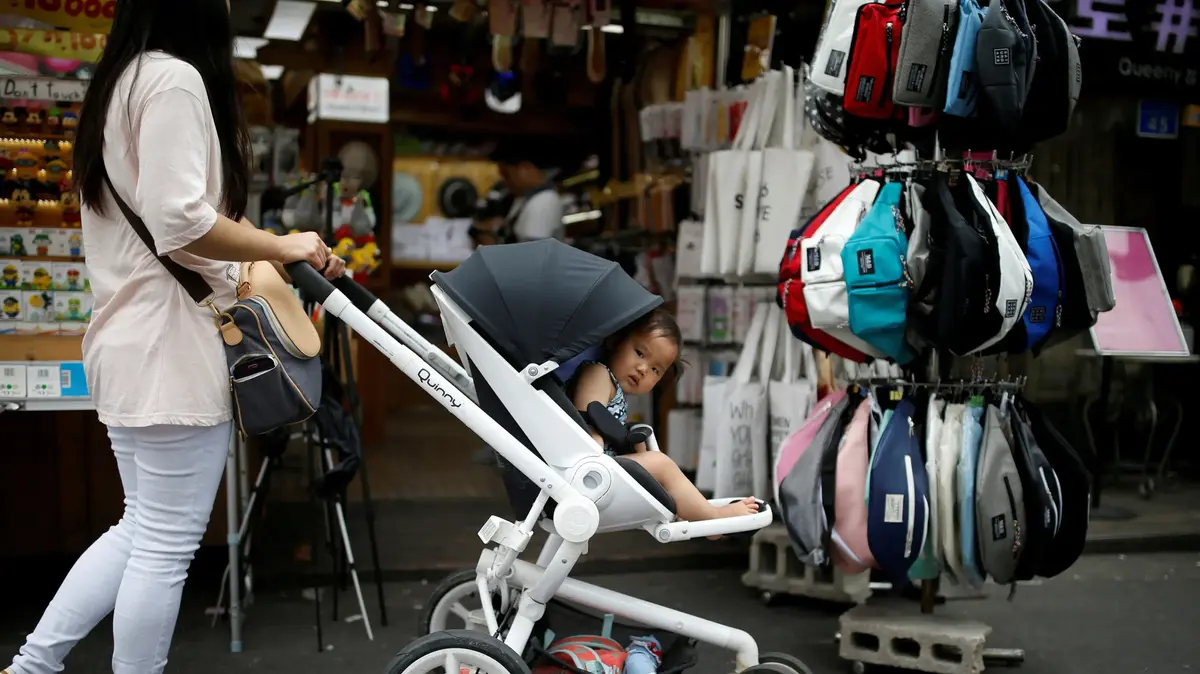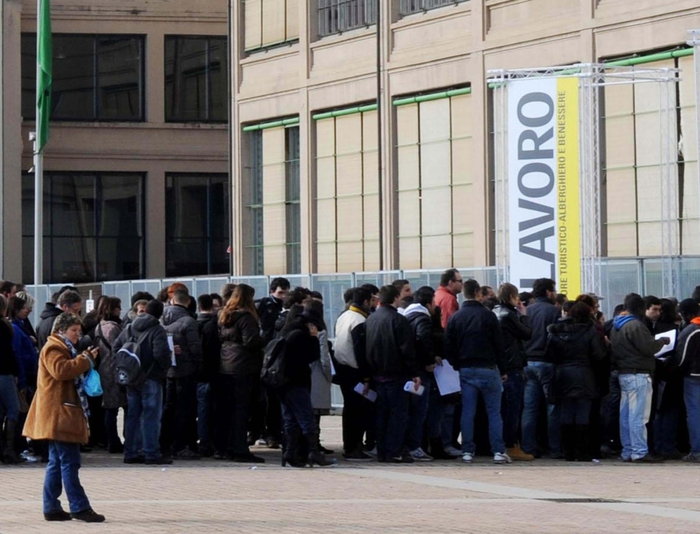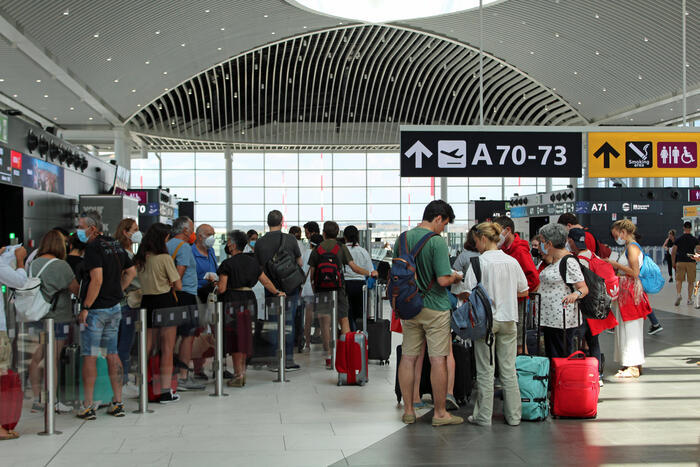- Click to share on Facebook (Opens in a new window)
- Click to share on Twitter (Opens in a new window)
- Click here to share on LinkedIn (Opens in a new window)
- Click to email a friend (Opens in a new window)
(CNN) - Japan's demographic crisis is getting worse, as the rapidly aging nation experienced its largest decline in the natural population and a record low birth rate this year, government statistics show.
The estimated number of babies born in the country in 2019 fell to 864,000, the lowest since records began in 1899, according to a report published Tuesday by the Ministry of Health, Labor and Welfare.
It is estimated that the number of newborns has been reduced by 54,000 since 2018, and the figure remains below the 1 million mark for the fourth consecutive year.
MIRA: Why is there an increase in infertility in the world?
The deaths in 2019 also reached a post-war record of 1,376 million
Japan is a “super-aged” nation, which means that more than 20% of its population is over 65 years old. The country's total population was 124 million in 2018, but by 2065 it is expected to have dropped to about 88 million.
The demographic decline of the country means that an increasingly smaller cohort of workers is supporting an increasingly elderly population in need of medical care and pensions.
Japan is not alone in the face of falling fertility rates. Germany is also a "super-aged" nation. And by 2030, the United States, United Kingdom, Singapore and France are expected to have obtained that status.
Neighboring South Korea has also struggled for years with the aging population, reduced workforce and low birth rates. In 2018, the country's total fertility rate fell to its lowest level since records began.
MIRA: Premature births increase among Latino women; Trump's election would be the cause, according to a study
The total fertility rate measures the average number of children a woman will have in her life. In South Korea in 2018, this fell to 0.98, or less than one baby per woman, and a drop from the previous year's rate of 1.05.
This means 8.7% less babies born in South Korea in 2018 compared to 2017.
This historical low places South Korea at the lowest level of the lowest fertility rates in the world, even lower than Japan, which had a rate of 1.42 in 2018.
To put this in perspective, the fertility rate of 2018 was 1.72 in the United States. In some African countries, which have the highest fertility numbers in the world, the rate may increase to 5 or 6.
LOOK: Fertility rate reaches a historic low
In order to maintain a stable population, countries need a fertility rate of 2, somewhat above what population growth indicates.
Japan's Prime Minister Shinzo Abe wants to prevent the population from falling below 100 million by 2060. In 2017, the government announced an expense package of 2 billion yen (US $ 18,000 million) to expand free preschool education for children from 3 to 5 years old - and for children of 2 and less years of families with low income - and reduce waiting times in nurseries.
Meanwhile, the South Korean government reduced the maximum hours of work from 68 hours a week to 52 hours last year, and some experts pointed to the decline in the fertility rate and its economic consequences as a motivator.
Birth Fertility









